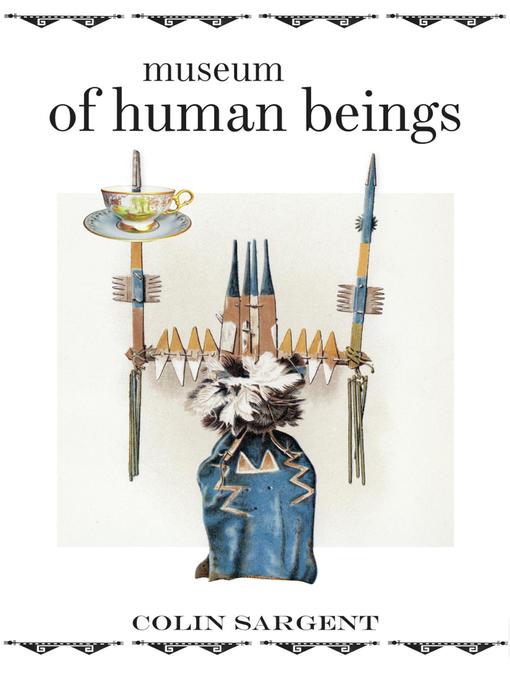
Museum of Human Beings
A Novel
کتاب های مرتبط
- اطلاعات
- نقد و بررسی
- دیدگاه کاربران
نقد و بررسی

September 1, 2008
Playwright Sargent's debut novel is a stylish look at the fate of Sacagawea's baby son, Jean Baptiste Charbonneau, the first Native American to tour Europe—as a curiosity and entertainment, of course. Twenty-four-year-old Sacagawea, though married, becomes William Clark's lover while helping guide the Lewis and Clark Expedition; after she dies on the trail, Clark adopts her son, Baptiste. Soon, Clark establishes his home in St. Louis, as well as a garish museum dedicated to his expedition, and sets to educating his new son. Soon, Baptiste is traveling Europe under the protection of Duke Paul, a cruel man who, when he isn't exhibiting the boy to royal courts, repeatedly rapes young Baptiste. Six years later, Baptiste returns to America (astonishingly, still accompanied by Paul), where he confronts Clark over his mother's mysterious death; unsatisfied and restless, Baptiste heads west and finds work as a fur trapper, an Army scout and gold prospector. Increasingly haunted by his mother, Baptiste revisits her in memories and visions that lend themselves nicely to Sargent's lyrical prose. With historical cameos (Beethoven, Kit Carson, Washington Irving) and an impressively rounded portrait of the laid-back, introspective, nomadic Baptiste, this novel will satisfy fans of American history.

Starred review from December 15, 2008
In 1805, Lewis and Clark embarked on one of the most fantastic journeys in American history. Even today their expedition of discovery continues to captivate our imagination as well as our fascination with the mysterious Shoshone guide, Sacagawea. For approximately two years, Sacagawea, traveling with her infant son Jean-Baptiste, endured the harsh challenges of the American wilderness as she led the expedition forward. This debut novel, based on historical facts, focuses on Jean-Baptiste and his struggle to find his identity. The boy's education (sponsored by Clark), his travels with European nobility, and his return to his own roots as a guide and explorer are vividly brought to life. From the beginning to the novel's spellbinding conclusion, playwright and poet Sargent allows us an intimate glimpse into what could have been the heart of Jean-Baptiste. This memorable novel will captivate all who read it. Highly recommended for all public library historical fiction collections.Melody Ballard, Pima Cty. P.L., AZ
Copyright 2008 Library Journal, LLC Used with permission.

























دیدگاه کاربران